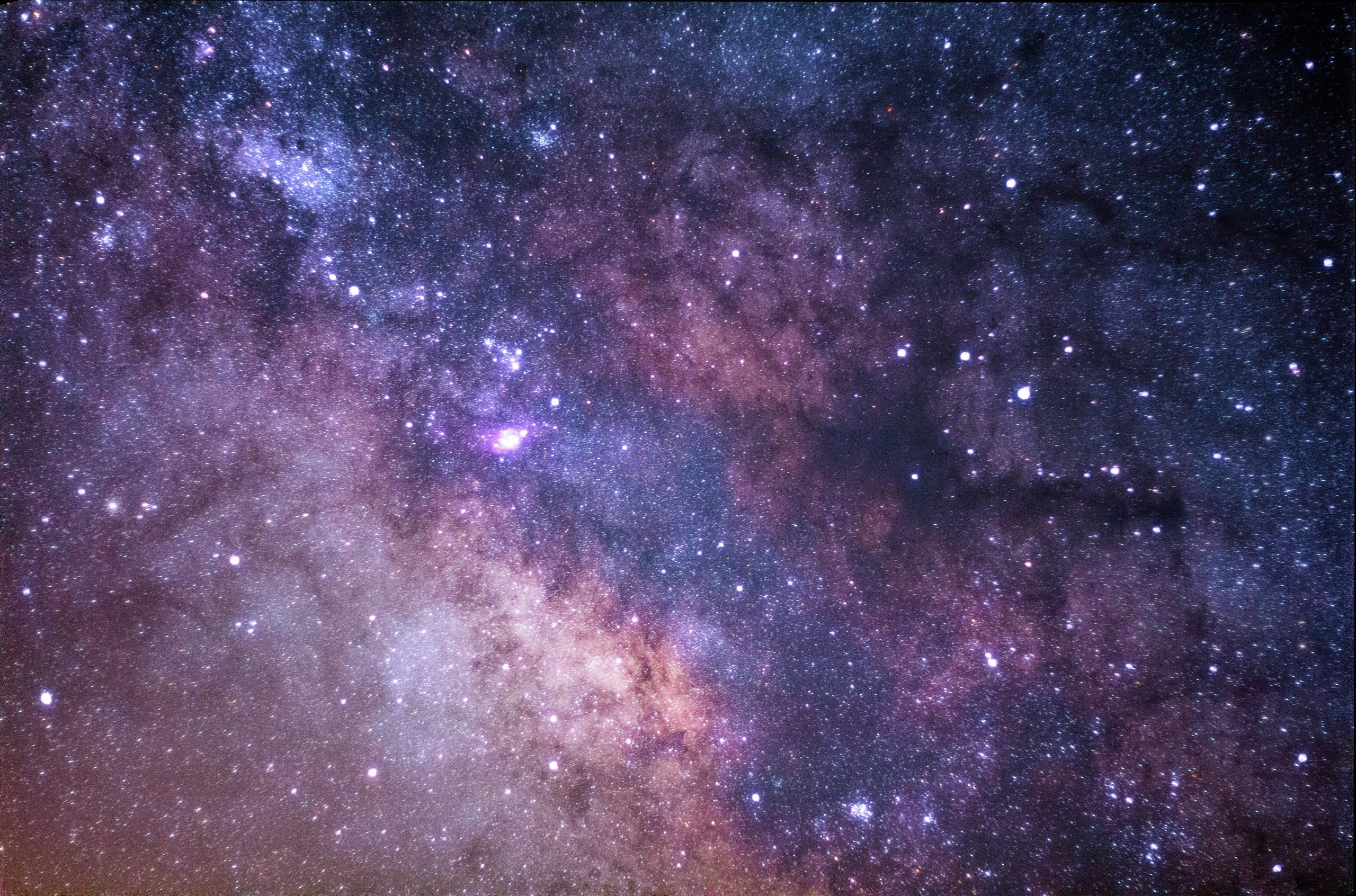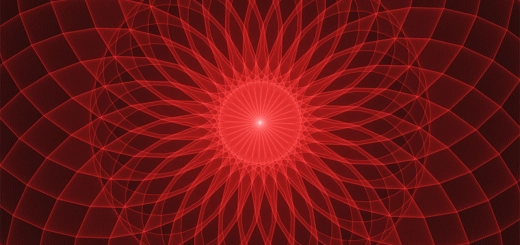What Is the Relationship Between Consciousness and Reality?

Looking for more amazing products? Check out our online store and explore our collection here! Happy shopping!
Before diving in, please note: This post is for informational purposes only. If you’d like to know more about how we approach topics, feel free to check out our friendly Disclaimer Page.
Hey there, amazing readers! 
We’re committed to delivering quality posts, and your support (even just sticking around despite the ads) means everything to us. So, bear with us, and thanks for helping us keep the good vibes rolling. Now, on to the fun stuff!
TRANSLATE BUTTON AT THE END OF THE ARTICLE
Introduction: Understanding Consciousness and Reality
In the realm of philosophical inquiry, the relationship between consciousness and reality has long been a subject of debate and speculation.
Understanding how our consciousness interacts with the external world and shapes our perception of reality is a complex and multifaceted endeavor.
From ancient Eastern philosophies to modern scientific theories, various perspectives have been put forth to shed light on this intricate connection.
By exploring the definitions of consciousness and reality, delving into different theories, and examining the implications of their relationship, we can begin to unravel the mysteries that lie at the intersection of these two profound concepts.
Defining Consciousness and Reality
Consciousness, often described as the state of being aware of and able to think about one’s own existence, plays a central role in human experience.
It encompasses not only our thoughts and emotions but also our perceptions of the external world.
Reality, on the other hand, refers to the actual state of things as they exist, independent of our perceptions or beliefs.
While consciousness is often seen as a subjective and internal phenomenon, reality is viewed as an objective and external entity.
The relationship between the two lies at the core of philosophical and scientific inquiries into the nature of existence and human experience.
Theories on the Nature of Consciousness
Several theories have been proposed to explain the nature of consciousness and how it relates to the external world.
From dualism, which posits that consciousness and the physical world are separate entities, to materialism, which argues that consciousness is a byproduct of brain activity, a wide range of perspectives exist.
Panpsychism suggests that consciousness is a fundamental property of the universe, present in all things to varying degrees.
Additionally, theories like idealism propose that reality is dependent on consciousness, with the mind shaping the world we perceive.
Theories on the Nature of Reality
Just as there are various theories on consciousness, there are also diverse perspectives on the nature of reality.
Objective realism asserts that reality exists independently of our perception of it, with an external world existing even if no one is there to observe it.
On the other hand, subjective idealism posits that reality is entirely dependent on consciousness and that the external world is a product of our minds.
Constructivism suggests that reality is shaped by our perceptions and interpretations, with each individual constructing their own version of reality based on their experiences and beliefs.
How Consciousness Shapes Perception of Reality
One of the key ways in which consciousness influences our experience of reality is through perception.
Our senses gather information from the external world, which is then processed by the brain to create our perception of reality.
However, this perception is not a direct reflection of the external world but rather a constructed representation influenced by our beliefs, emotions, and past experiences.
For example, optical illusions demonstrate how our brains can be tricked into perceiving something that is not actually there, highlighting the role of consciousness in shaping our understanding of reality.
Influence of Reality on Consciousness
While consciousness plays a significant role in shaping our perception of reality, the external world also exerts influence on our consciousness.
Our interactions with the world around us, including our relationships, environment, and experiences, shape our thoughts, emotions, and beliefs.
For instance, exposure to different cultures can broaden our perspective and challenge our preconceived notions, leading to a shift in consciousness.
Similarly, traumatic events or significant life changes can alter our consciousness and worldview, highlighting the dynamic and reciprocal relationship between reality and consciousness.
The Role of Intention and Attention in Consciousness
Intention and attention are crucial aspects of consciousness that play a significant role in shaping our experience of reality.
Intention refers to the deliberate focus of our consciousness on a particular goal or objective, while attention involves the ability to direct our awareness to specific stimuli or information.
By setting intentions and paying attention to certain aspects of our environment, we can influence how we perceive and interact with reality.
For example, mindfulness practices emphasize the importance of directing attention to the present moment, allowing individuals to cultivate a deeper awareness of their thoughts and emotions.
Quantum Physics and Consciousness-Reality Connection
In the realm of quantum physics, the relationship between consciousness and reality takes on a new dimension.
Explore the Path to Spirituality and Enlightenment – Start Here.
The concept of quantum superposition suggests that particles can exist in multiple states simultaneously until observed, at which point they collapse into a single state.
This phenomenon raises intriguing questions about the role of consciousness in shaping reality at the quantum level.
The observer effect, which posits that the act of observation can influence the behavior of particles, points to a profound connection between consciousness and the physical world.
While the implications of these findings are still a subject of debate, they underscore the intricate relationship between consciousness and reality.
Neuroscience Insights into Consciousness-Reality Link
Neuroscience offers valuable insights into the connection between consciousness and reality by examining the brain mechanisms that underpin our perception of the external world.
Studies have shown that various regions of the brain are involved in processing sensory information and constructing our perception of reality.
The brain’s ability to filter and interpret sensory input, along with its capacity to integrate past experiences and emotions, plays a crucial role in shaping our conscious experience of reality.
By studying the neural processes involved in consciousness, researchers can gain a better understanding of how the brain generates our subjective experience of the world around us.
Eastern Philosophies and Consciousness-Reality Relationship
Eastern philosophies, such as Buddhism and Hinduism, have long explored the relationship between consciousness and reality through practices like meditation and mindfulness.
These traditions emphasize the interconnectedness of all beings and the idea that consciousness is fundamental to the nature of reality.
Concepts like impermanence, non-duality, and interconnectedness challenge conventional notions of self and identity, inviting practitioners to explore the deeper layers of consciousness and existence.
By cultivating awareness and insight through contemplative practices, individuals can gain a deeper understanding of the profound connection between consciousness and reality.
The Implications of the Consciousness-Reality Connection
The relationship between consciousness and reality has profound implications for our understanding of human experience, perception, and existence.
By recognizing the role of consciousness in shaping our perception of reality and vice versa, we can gain a deeper appreciation for the interconnected nature of our inner and outer worlds.
This awareness can lead to personal growth, increased empathy, and a greater sense of interconnectedness with the world around us.
By exploring the depths of consciousness and reality, we can unlock new insights into the nature of existence and our place within the universe.
Conclusion: Exploring the Depths of Consciousness and Reality
In conclusion, the relationship between consciousness and reality is a complex and multifaceted phenomenon that lies at the heart of philosophical inquiry.
By delving into different theories on the nature of consciousness and reality, we can begin to unravel the mysteries that underpin our perception of the world.
From neuroscience insights to Eastern philosophies, a wide range of perspectives offer valuable insights into the profound connection between consciousness and reality.
By exploring the implications of this relationship, we can gain a deeper understanding of our place in the universe and the interconnected nature of existence.
Ultimately, the exploration of consciousness and reality invites us to embark on a journey of self-discovery and contemplation, leading to a greater appreciation for the intricate web of connections that bind us to the world around us.

The Enlightenment Journey is a remarkable collection of writings authored by a distinguished group of experts in the fields of spirituality, new age, and esoteric knowledge.
This anthology features a diverse assembly of well-experienced authors who bring their profound insights and credible perspectives to the forefront.
Each contributor possesses a wealth of knowledge and wisdom, making them authorities in their respective domains.
Together, they offer readers a transformative journey into the realms of spiritual growth, self-discovery, and esoteric enlightenment.
The Enlightenment Journey is a testament to the collective expertise of these luminaries, providing readers with a rich tapestry of ideas and information to illuminate their spiritual path.
Our Diverse Expertise
While our primary focus is on spirituality and esotericism, we are equally passionate about exploring a wide range of other topics and niches 

To ensure we provide the most accurate and valuable insights, we collaborate with trusted experts in their respective domains 
Our blog originally focused on spirituality and metaphysics, but we’ve since expanded to cover a wide range of niches. Don’t worry—we continue to publish a lot of articles on spirituality! Frequently visit our blog to explore our diverse content and stay tuned for more insightful reads.
Hey there, amazing reader! 
Check out our store here and take a peek at some of our featured products below! Thanks for being awesome!











